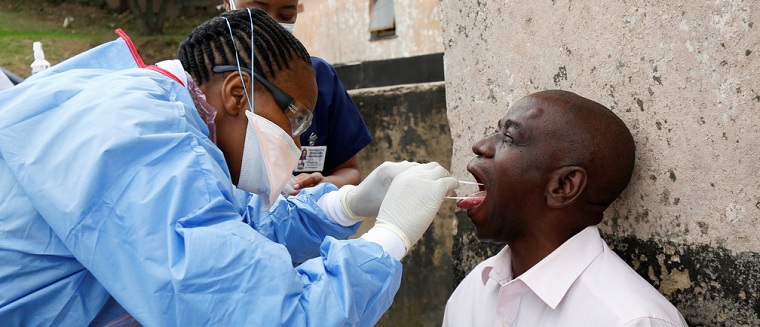 On Friday, 1 May, President Emmerson Mnangagwa announced a further two-week extension to the COVID-19 lockdown. However, this latest extension came with conditions under which companies can resume operations.
On Friday, 1 May, President Emmerson Mnangagwa announced a further two-week extension to the COVID-19 lockdown. However, this latest extension came with conditions under which companies can resume operations.
To enforce the new lockdown regulations, the Government has issued Statutory Instrument 99 of 2020.
Among the measures, formal commercial and industrial businesses are allowed to open, but only after meeting a number of conditions. According to the Ministry of Information, “it is criminal for any industry or business to open without having met the conditions set in SI 99”.
Here are the conditions that companies are supposed to meet before opening for business:
Testing
In April, the Government announced that mining companies would be allowed to open, provided they first tested their staff.
This regulation has now been extended to all companies, who must ensure that their workers are screened and tested for COVID-19 before they can resume business. These tests can be through the rapid diagnostic test (RDT) or any other test approved by the Ministry of Health.
Employers are required to arrange with Ministry of Health for testing at an agreed time at the workplace or at any other place agreed between them. They are required to call the Ministry of Health Call Centre (on 2019) or the Ministry of Information Call Centre (2023).
Who pays?
In an update on 3 May, the Ministry of Information said companies can arrange to have their staff tested for free at government facilities. However, those that want to test their workers quicker will have to procure their own RDT kits.
The Ministry said: “To expedite the testing process, companies are encouraged to procure COVID19 rapid test kits for themselves, guided by the Ministry of Health and Child Care in terms of test kits specification.”
Where will tests be done?
Workers at smaller organisations will go to designated facilities for testing, while testing of staff at larger companies will be done at their business premises by health officials from the testing institution, to avoid congestion at public testing facilities.
Will these tests be included in national data?
The Ministry of Health and Child Care says it will provide standardised data collection tools for use during this screening process. All testing facilities are to compile and submit daily reports to the Ministry.
Testing facilities
According to the Ministry of Information, designated medical facilities are as follows:
- All Government health facilities
- All Mission hospitals
- All Municipality health facilities
- Designated Not for Profit institutions – New Start Centres
- Designated private institutions and laboratories – PSMI, Lancet laboratory, CIMAS.
Which businesses are still closed?
Restaurants, bars, tourist facilities, lodges, churches, sports clubs, bars, cinemas, and theatres remain closed.
Transport
Only conventional buses are allowed to operate. Kombis and small taxis (such as the mshikashikas) are still banned. The bus operators are required to test the temperature of passengers, wash passengers’ hands, enforce social distancing (by reducing number of passengers on board), and disinfect their buses at least two times a day.
What other regulations are companies to observe?
Employers must provide face masks and hand sanitiser for everyone in their premises and enforce social distancing. Business must operate only between 8AM and 3PM.
How are other countries doing it?
In South Africa, mandatory testing by companies applies to mining operations. On April 16, South Africa announced that mines would reopen part of their operations, provided they ensured:
- A “rigorous” screening and testing programme must be implemented as employees return to work
- Quarantine facilities for employees who test positive for COVID-19
- Data collected during the screening and testing programme must be submitted to the relevant authority- ZimFact
(77 VIEWS)


